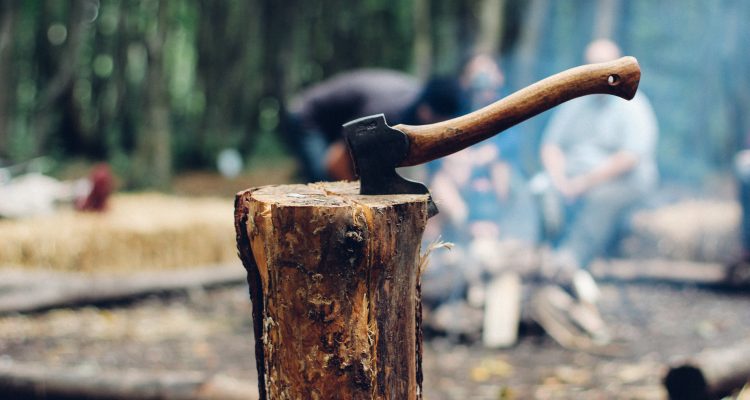When I was a boy, my father frequently sent me out in the summertime to chop down small trees or cut wood. Before I could leave to cut wood, he would make me check the ax to make sure it was sharp. If it wasn’t sharp, he would file it to a fine edge before allowing me to cut with it.
I wondered about this practice for years, as it seemed to me an ax with a dull edge would be much safer than a razor sharp ax. However, my father explained the opposite is true. “A sharp edge will cleave the wood,” my father explained, “but a dull ax is dangerous because it will slide away from the wood or bounce. It is more dangerous because it is unpredictable.” My father also explained that a dull ax requires more strength. A dull ax is more difficult to use.
Having cut a lot of wood in my time, I can attest to the truth of this practice. The same principle holds true for any walk of life.
Staying sharp in our work—in our thinking and in our practices and disciplines—is much less work than becoming dull and lazy. When we fall out of practice, it is often difficult to catch up again. That is why youth leaders need to stay sharp with their reading. (Are you reading the latest works in youth ministry theology and practice?) in relationships (Are you attending conferences and conversing with other youth leaders?) and in spirit (Are you praying, studying, learning, giving?).
As you consider what you need to do to stay sharp, make a plan, set goals, and don’t quit moving forward. You’ll be staying sharp by not standing still. After all, an unused ax gets rusty, and a rusty ax is dangerous. Stay sharp!




